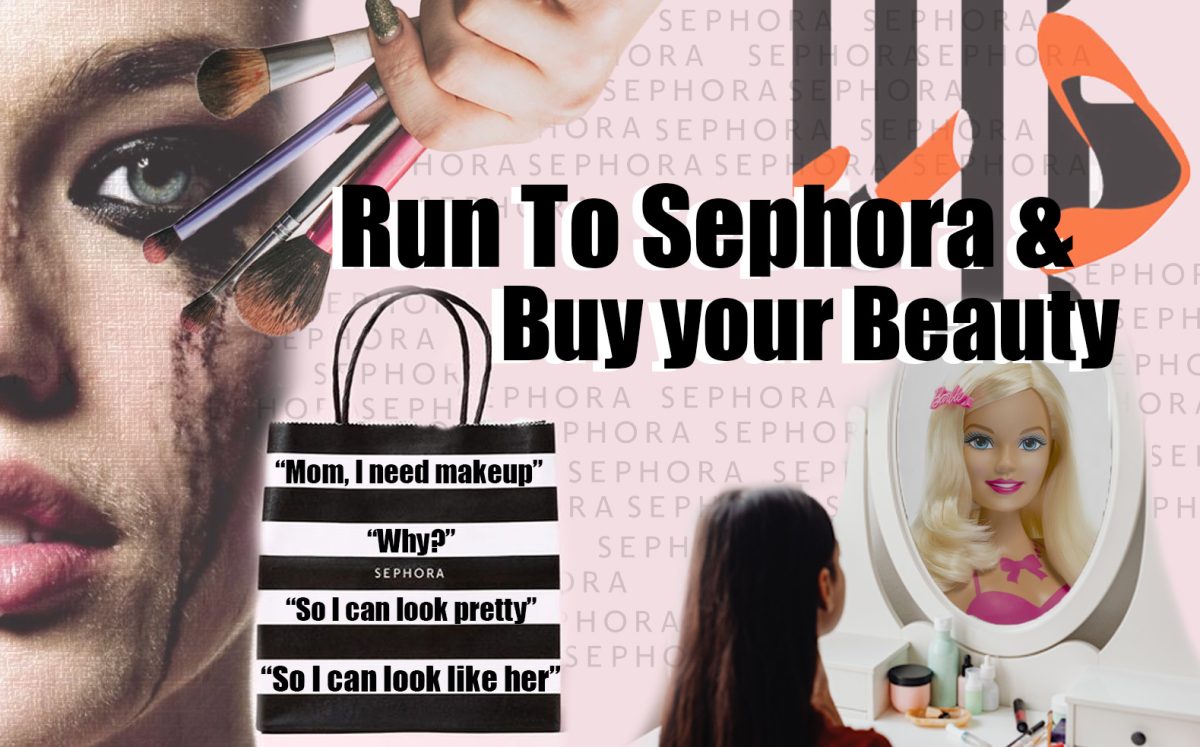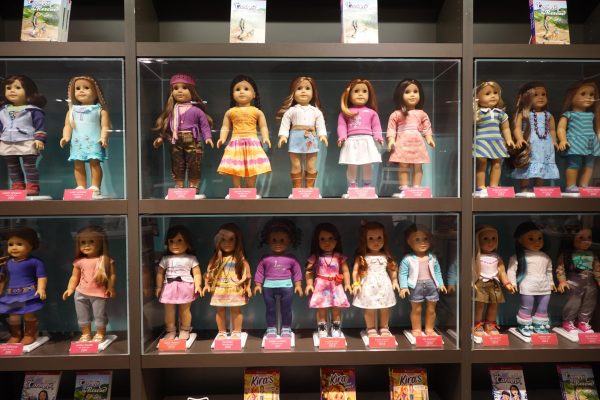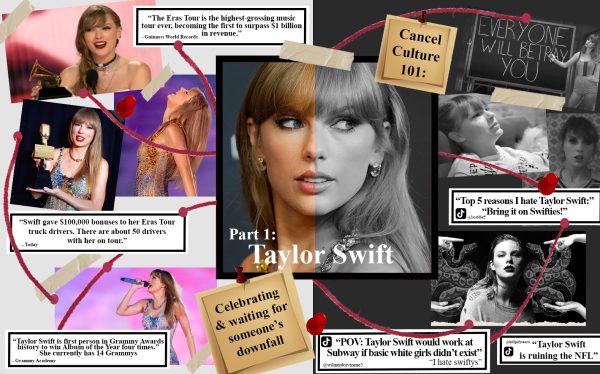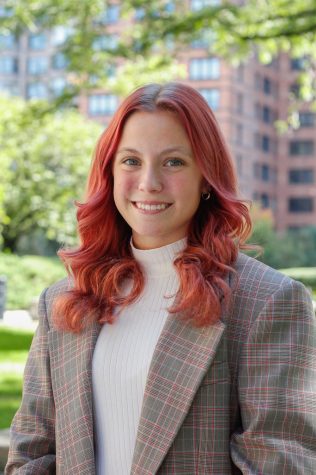Then and Now: An Ever-Widening Gap
Every morning, I perform a multi-stage routine: I apply face wash, serums, toners, moisturizers and a thick coat of makeup. Despite this ritual obligation, I really don’t have it that bad. This daily act of drowning in products is a relatively new habit for me, only dating back to late middle school. Prior to that, both my desire and access to beauty products were limited to boxes of cheap eyeshadow and gloopy lip gloss sold by Ulta Beauty at Christmas time. Makeup was a source of play — perhaps experimentation — and nothing more.
Things are very different for children today. Parenting blogs are overflowing with discourse about kids as young as six asking to wear makeup, citing bullying and societal pressure as their reasoning. Social media abounds with clips of elementary schoolers storming make-up stores like Sephora just to get their hands on products like retinol and eye serums, intended for women well into their 30s and 40s. As a kindergarten to second-grade tutor, I have seen younger and younger girls start to describe themselves as “ugly” and claim to hate how they look.
In the span of just one generation, young people’s, and particularly young girl’s, relationship with the cosmetic industry has been entirely transformed. Their self-perception has paid the price. Kids are more conscious and critical of their appearance than ever before, and have become dependent on beauty products to feel worthy. What can we do about this heartbreaking reality?
It’s All in the Branding
Marketing and the desire for profit, lurk just below the surface of this issue. A December 2023 article from Beauty Independent looked into the various ways in which the beauty industry is reaching today’s young consumers. They concluded that marketing is not being explicitly tailored toward these kids, but rather, toward the teenagers that kids look up to. Teen influencers are being invited on lavish brand trips to exotic destinations, such as the recent Tarte Cosmetics getaway to Bora Bora covered at length by the New York Times. Furthermore, they are being supplied with loads of free makeup through public relations (PR) packages. With constant — and entirely free — access to beauty products, the bounds on content creation surrounding skincare and makeup are non-existent.
With a digital world so fixated on their imperfections, asking kids to love themselves feels like an impossible demand.
PR hauls, shopping vlogs and makeup tutorials are just a few examples of the videos being produced by teen creators for young audiences. Tweens naturally want to replicate these behaviors, with children trailing just behind them. It is impossible to ignore the trickle-down nature of trends, especially among youth consumers. After all, didn’t we all want to be just like an older sibling or cousin when we were little? Beauty brands are taking advantage of that dynamic, which is exacerbated by online platforms like TikTok. They are spending exorbitant amounts of money to flood the feeds of young people with product-focused content. As a result, kids spend their time online hearing from influencers about the imperfections a cream or oil is sure to fix. With a digital world so fixated on their imperfections, asking kids to love themselves feels like an impossible demand.
So, What Can We Do?
Fortunately for all of us, we are really old. Okay, maybe “really” old is an exaggeration, but we are certainly older than the kids subject to social media’s most intense influence. Luckily, that means we are old enough to be role models. No position is more powerful in creating change, even without a massive social media following. What we owe the next generation, then, is to be the best role models possible. We are obligated to model self-love and to demonstrate interest in something more than cosmetic products.
Asking anyone to exemplify self-love is a monumental task, no doubt. It would be a hard-fought battle to find a single person who feels completely liberated from modern beauty standards. However, we can all make a small change by being intentional with our language. On social media and in real life, people talk about “hating” their eyes, their face, their stomach, their bodies and even themselves on the whole. If we can reduce our participation in this kind of negative self-talk, we can help prevent it from being mimicked by younger audiences. When we change the dialogue that we pour into the world, better things will be passed on to those looking up to us. We might even feel better about ourselves.
Taking time to demonstrate our unique interests also works to change the toxic narrative revolving around external beauty. Talking openly about your passion for drawing, music, cooking or anything that you love directly competes with content like skincare hauls and makeup ads. Celebrating hobbies and talents, instead of just products and physical appearances, is a powerful rebellion against modern marketing. If we define ourselves by the things we love instead of the things we are unhappy with, we will set a dynamic, healthy example for the kids we share space with. We owe the next generation this kind of example, and we will be better off for having set it.

















